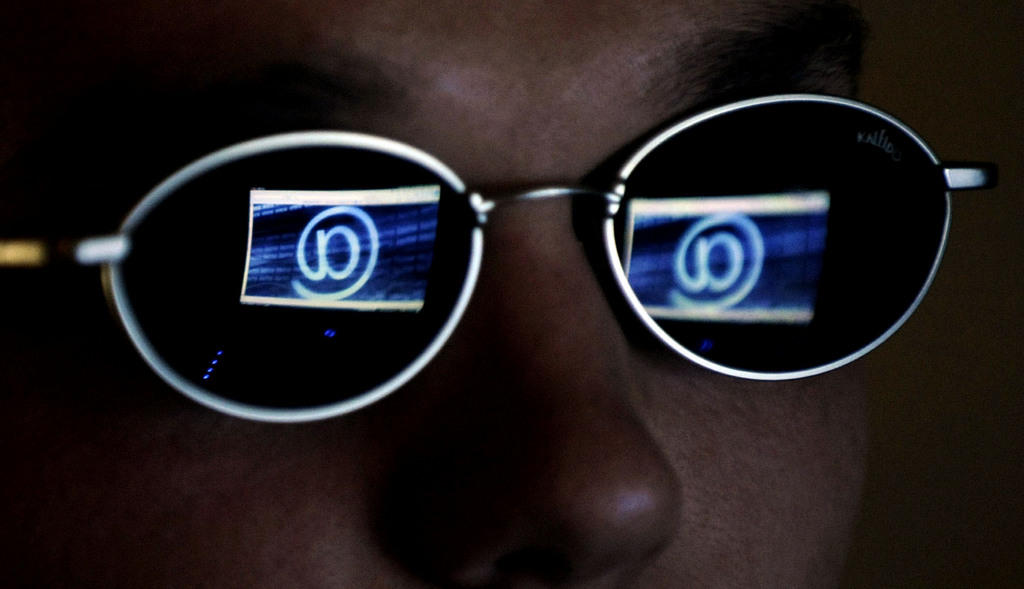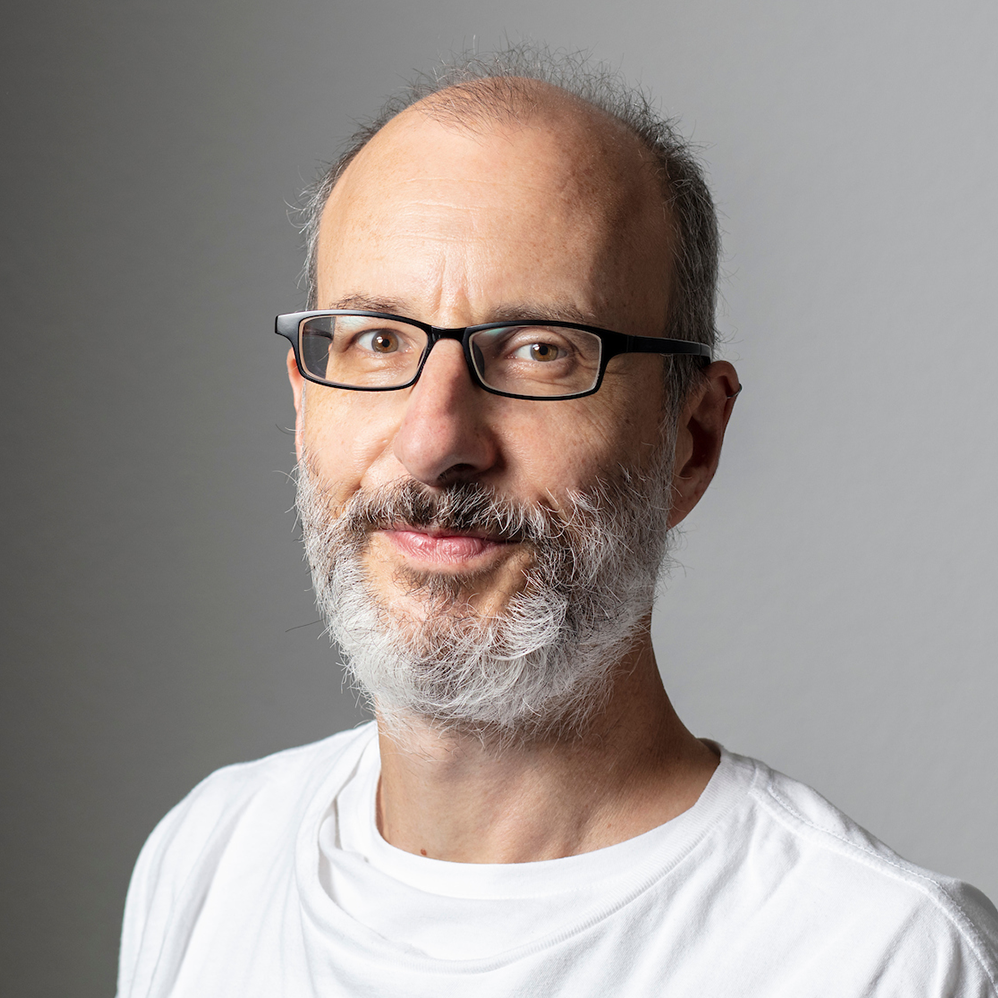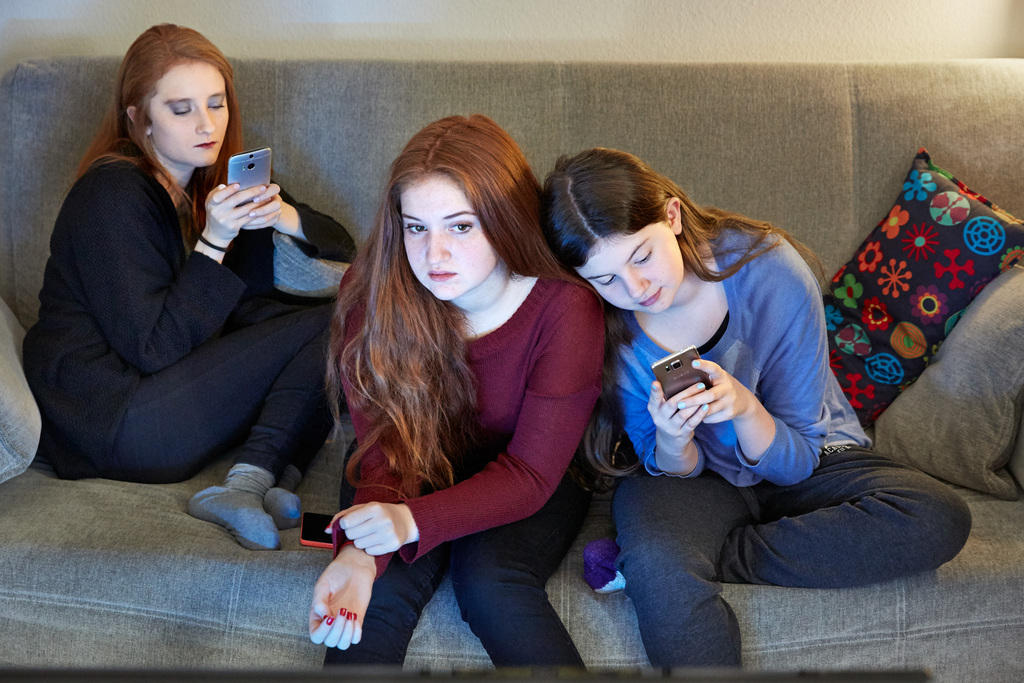Do we need clinics for internet and sex addicts?

One in ten people in Switzerland suffers from some form of behavioural addiction: they cannot live without the internet, gambling, sex or shopping. An expert from the new Centre for Dependency Disorders in Basel gives his view on the issue.
Hours and hours spent playing on the computer or searching for porn, excessive sexual behaviour or the irrepressible impulse to buy – it seems that in many cases, the internet and modern society are to blame.
+ Why the WHO recognised video games addiction as a disease
To tackle these ‘new’ disorders, the Basel University Psychiatric Clinics have opened Switzerland’s first clinic specialised in the inpatient treatment of behavioural addictions. “With this service we are entering a new field,” says clinic director Gerhard Wiesbeck.
swissinfo.ch: I spend hours watching television and check my mobile phone dozens of times a day. Does this mean I am addicted?
Gerhard Wiesbeck: We should not confuse a bad habit or passion, for instance for dance, with an addiction. Repetitive behaviour that gives rise to intense feelings is not necessarily an addiction. I would add: it is not the mobile phone that makes us dependent, but how we use it.
swissinfo.ch: How can you tell if it’s a bad habit or an addiction?
G.W.: Addiction is an illness. This summer, the World Health Organization officially recognized gaming addiction as a disease. The person who has become dependent on gaming is in the grip of excessive behaviour that they can no longer control. This causes them suffering and has a negative impact on their body, mind, social life or financial situation.
Before talking about dependency, and therefore a disease, we must therefore analyse the consequences of the behaviour: has watching television or looking at your mobile all day caused problems at the workplace? Have you given up friendships and hobbies? Have you got into debt? Do you have suicidal thoughts? If some of these criteria are met, then we are dealing with a pathological addiction.
swissinfo.ch: How many people are affected in Switzerland?
G.W.: According to the most conservative estimates, 1% of the population is addicted to gambling, 2% to the use of the Internet and computers, 3% to sex and 5% are compulsive shoppers. In the canton of Basel City alone, we are talking about at least 19,000 people.
Beyond the numbers, though, most worrying is the comorbidity or co-existence of multiple illnesses in the one person: 80% of individuals with a behavioural dependency suffer from depression, anxiety, attention deficit hyperactivity or personality disorders, or are dependent on substances such as tobacco, drugs or alcohol.
swissinfo.ch: Can a computer addict be compared to a drug addict?
G.W.: There are many similarities and the criteria defining these addictions are similar. In both cases, the person is suffering and unable to find a way out on their own. The difference is that, in the case of behavioural problems, the phenomenon is one of pure dependency: there is no pharmacological effect caused by a substance.
swissinfo.ch: There is also another difference: cocaine, for instance, is relatively expensive and hard to find. And, above all, it is illegal, unlike the internet. So are behavioural addictions more dangerous as a result?
G.W.: I would not say more dangerous. But they are more accessible and available, which has repercussions for treating them. For drug addicts or alcoholics, abstinence is a central part of the therapy. But for someone who is a compulsive shopper or who cannot tear themselves away from the computer, this is impossible. The idea, therefore, is not complete abstinence from the internet but only from problematic content, such as pornographic sites or online games.
swissinfo.ch: Basel has provided outpatient treatment for people with behavioural addictions since 2010. Why did you want to open a specialised clinic?
G.W.: Since 2010 we have assisted 102 people, mainly with gambling problems. However, we realized that for 10% of patients, outpatient treatment was not enough. Their addiction was so strong that they had to be removed from their family, social and work environment. On July 1 this year we inaugurated the first clinic for inpatient treatment.
swissinfo.ch: How do you treat someone who is addicted to the internet?
G.W.: Generally, patients come to us not so much because of their addiction, but because of the negative consequences that ensue: debts, work problems or a relationship breakdown. The treatment involves individual or group therapy and, if necessary, medication. Depending on the case, we also offer ergotherapy, physiotherapy and kinesiotherapy. A social worker can also help the patient solve debt issues or look for a job.
“In the future, I fear that the internet and new media will become even more dangerous.”
swissinfo.ch: How long does the treatment last?
G.W.: At least six weeks, although for most patients it takes at least ten. We have 12 beds and the costs are covered by the basic health insurance.
swissinfo.ch: Is the Swiss approach to treating behavioural addictions different?
G.W.: The Basel clinic is the first and, so far, the only specialised clinic in the German-speaking world. It is doing pioneering work. Other countries are not so advanced: people with addictions do not benefit from specific treatment.
swissinfo.ch: A psychiatrist colleague of yours said that “every age has its own addictions”. If in the past it was drugs and today shopping and the internet, what will it be tomorrow?
G.W.: In a given society, the percentage of the population with an addiction has remained more or less constant over the centuries. However, dependency manifests itself in different ways. Some 20 or 30 years ago, heroin was the main problem. This has been solved, above all thanks to the Swiss policy on drugs.
In the future, I fear that the internet and new media will become even more dangerous. I am thinking in particular of virtual reality, which is becoming increasingly attractive, and the possibility of creating your own character. Excessive behaviour in the workplace, in sports or with regard to food can also lead to dependency.
swissinfo.ch: How can this evolution be avoided?
G.W.: Children should be taught how to deal with new media at school, for example by following the model used to teach road safety. Like the road, the internet offers many possibilities, but it also presents dangers that must be recognised and avoided.
Phone usage “problematic” for 7 out of 100 young people
Some 48% of those who own a mobile phone think they spend too much time with their it, according to a Swiss survey conducted in July 2018. In the 18-34 age group, this share rose to two thirds. Almost 25% of the 1,000 respondents said they felt a constant need to look at their cell phones. One in twenty woke up at night to do so.
Smartphones also have negative consequences for health and personal relationships: 15% of respondents said they neglected family and friends, while 6% have had vision problems at least once.
Though the vast majority of adolescents in Switzerland have a healthy relationship with digital media, around 7% of of those between the ages of 15 and 19 admit to problematic use, according to the Federal Office of Public Health.
Symptoms of problematic use include difficulty in disconnecting and a tendency to neglect sleep, schoolwork and family life.

More
Swiss get first behavioural addiction treatment service

In compliance with the JTI standards
More: SWI swissinfo.ch certified by the Journalism Trust Initiative




You can find an overview of ongoing debates with our journalists here. Please join us!
If you want to start a conversation about a topic raised in this article or want to report factual errors, email us at english@swissinfo.ch.